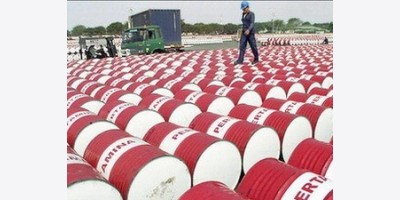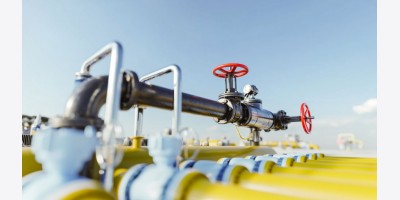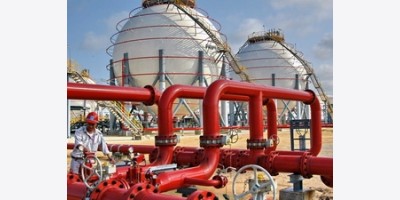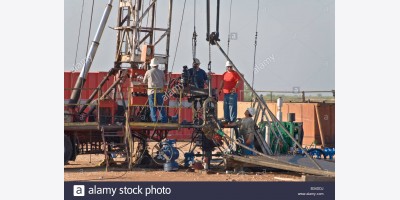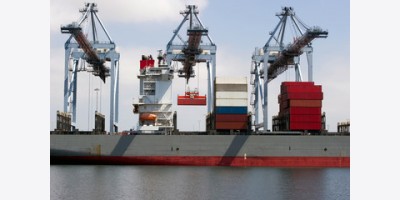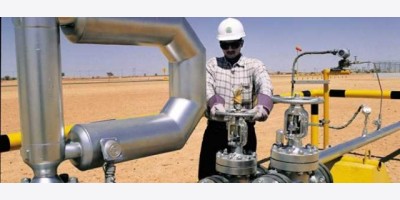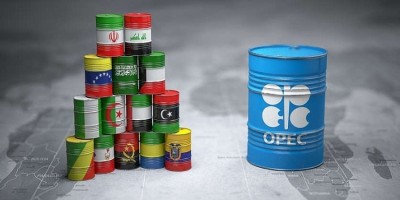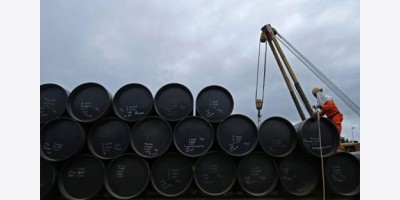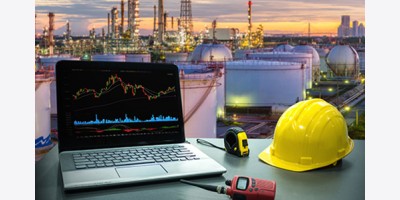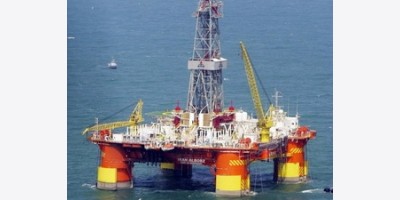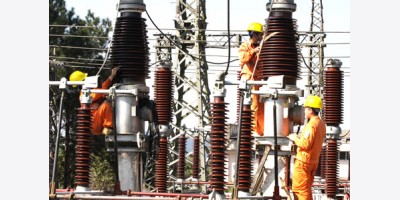* Tax-breaks make diesel imports from ASEAN members cheaper
* Vietnam-ASEAN trade deal came into effect this year
* Singapore shipped over 715,000 tonnes diesel Jan-April
* Vietnam order boom pushes up Singapore's diesel premiums
By Jessica Jaganathan
SINGAPORE, April 29 (Reuters) - Vietnamese diesel imports from Singapore jumped almost four-fold in the January to April period, compared with the corresponding period of 2014, as a new trade deal with the Association of Southeast Asian Nations (ASEAN) redraws oil flows.
Singapore shipped more than 715,000 tonnes of diesel between January and April to Vietnam, up from 190,000 tonnes over the same period 2014 and a third higher than the 530,000 tonnes shipped in all of last year, according to data from International Enterprise, Singapore's overseas trade agency.
"This is good news for Singapore refiners as Vietnam is providing a good outlet for them," a Singapore-based oil trader said.
Under the trade pact, Vietnam lowered diesel import taxes from ASEAN members to 5 percent.
This compared to a 20 percent tariff on diesel imports from non-ASEAN members, traders said.
The higher sales to Vietnam have pushed up premiums for diesel cargoes from refineries in Singapore and Malaysia, traders said.
A cargo of 500 parts per million (ppm) sulphur diesel shipped to Vietnam in January was sold at a discount of 80 cents a barrel from Singapore compared with a premium of $2.10 a barrel for an April-loading cargo.
Vietnam previously imported most its diesel from China and Taiwan. Now, Royal Dutch Shell, ExxonMobil and Vitol in Singapore are among its suppliers.
WANTED: "FORM D"
When Vietnam issues fuel tenders now, importers want a "Form D", a certificate that proves ASEAN origin.
Petrolimex, Vietnam's top fuel importer, has only bought one spot cargo without a Form D, from Taiwan, since February, an industry source said.
Under the agreement with ASEAN, which came into effect in Vietnam this year, imports need a minimum 40 percent regional value content, based largely on material and labour costs.
This means at least 40 percent of oil products imported need to be processed from ASEAN-origin crude, oil importers said.
"This really limits the number of countries they (Vietnam) can import from as production of ASEAN crude itself is not much," a trader in Singapore said.
ASEAN's members are Brunei, Cambodia, Indonesia, Laos, Malaysia, Myanmar, Philippines, Singapore, Thailand, and Vietnam.
Its biggest oil producers are Malaysia, Indonesia and Brunei, although output is falling in all three.
Singapore is ASEAN's main oil refining and trading hub. (Editing by Henning Gloystein and Ed Davies)





